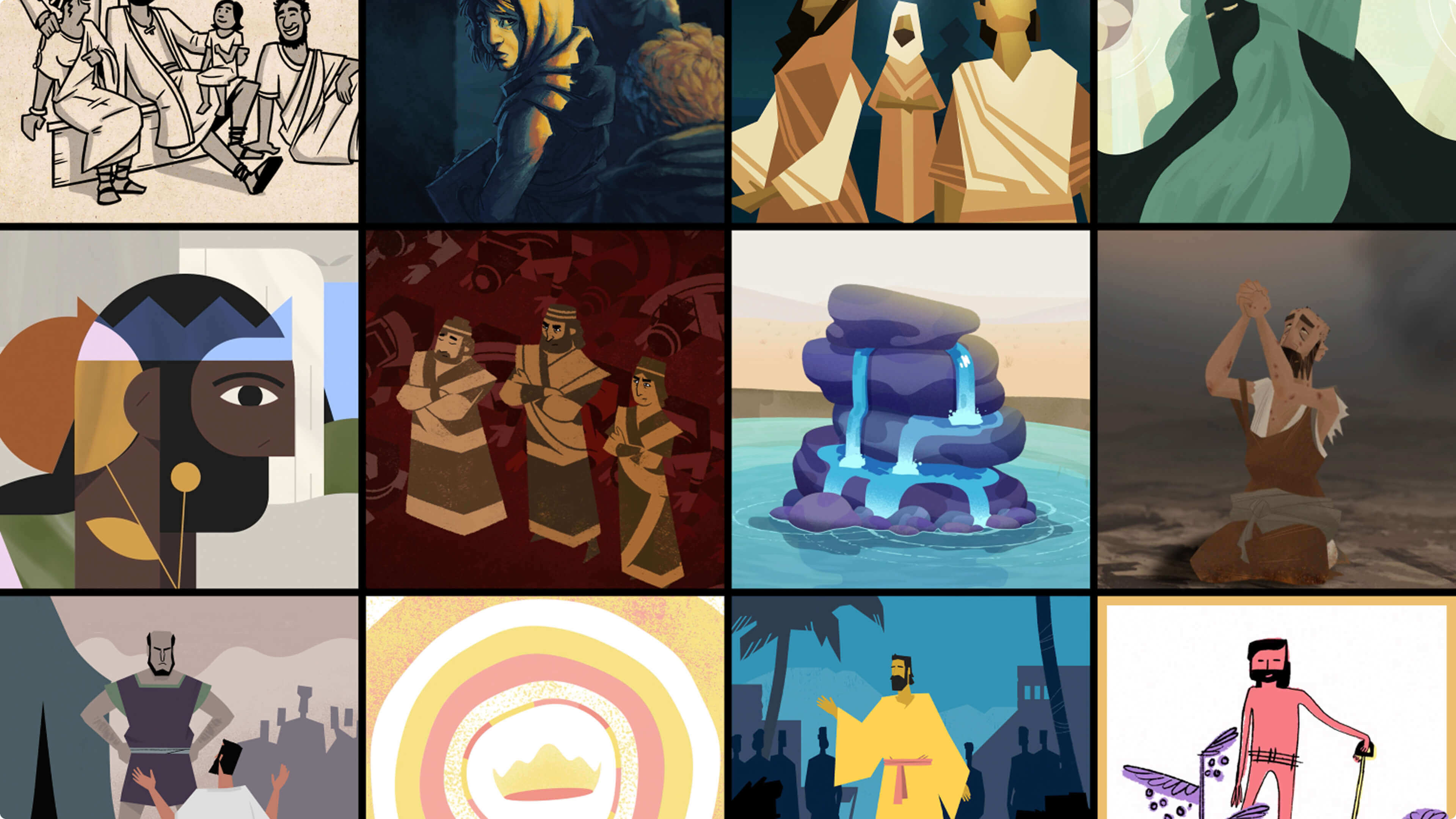

Holiness
God’s holiness presents a paradox to human beings. God is the unique and set-apart Creator of all reality and the author of all goodness. However, that goodness can become dangerous to humans who are morally corrupt. Ultimately, this paradox is resolved by Jesus, who embodies God’s holiness that came to heal his creation.
Reflect
As a group, discuss some of the ways God’s holiness is similar to the dangers and benefits of the sun. Review the video [0:36-2:05], or read Exodus 3:1-12, Leviticus 9:23-24, and Leviticus 10:1-3 to explore more.
Let’s read Leviticus 15:25-30 and Numbers 19:11-12. How does God provide a way to be purified from these two examples of ritual impurity?
Read Isaiah 6:1-7 and discuss God’s reply when Isaiah admits his impurity. What does this tell us about God’s character?
When Jesus arrives, he touches diseased and dead people. What is going on? Read Matthew 9:20-26, paying attention to what happens to Jesus and others. How does Jesus mirror God’s response to Isaiah in Isaiah 6:1-7? How is Jesus also like the priest in Leviticus 15:25-30 and the cleansing water in Numbers 19:11-12? What does this tell us about the identity of Jesus?
Take time to discuss other themes, questions, or key takeaways from what you learned together.
Explore More
Downloads
Biblical Themes

The Exodus Way

The Mountain
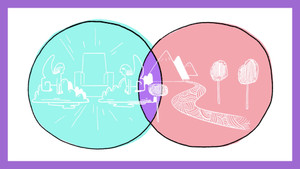
Heaven & Earth

The Messiah

The Covenants
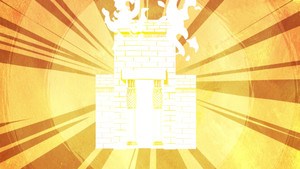
Holiness
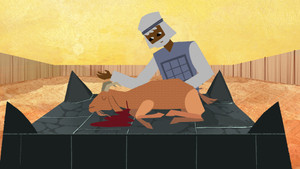
Sacrifice and Atonement
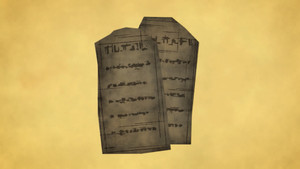
The Law

Gospel of the Kingdom

Image of God
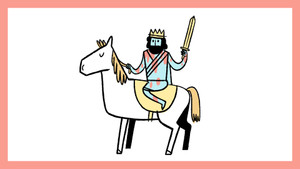
Day of the Lord
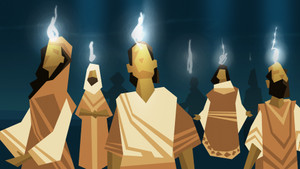
Holy Spirit
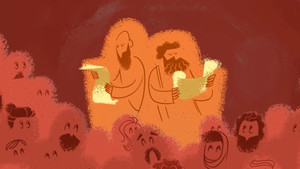
Public Reading of Scripture

Justice

Exile
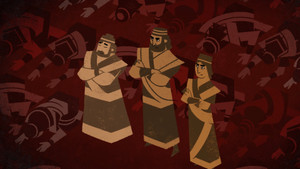
The Way of the Exile

Son of Man

Temple

Generosity

Sabbath

Tree of Life
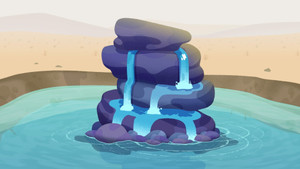
Water of Life
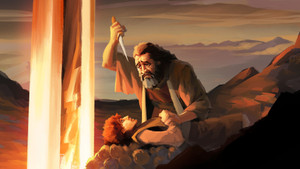
The Test
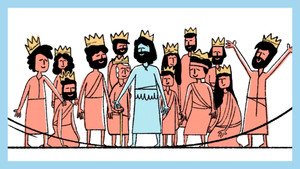
Eternal Life

Blessing and Curse

The Last Will Be First

Anointing
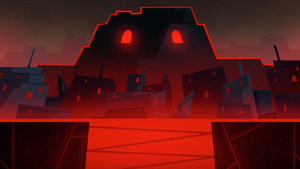
The City
